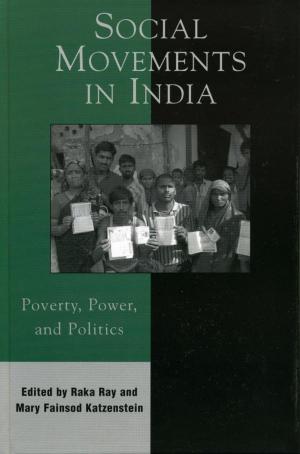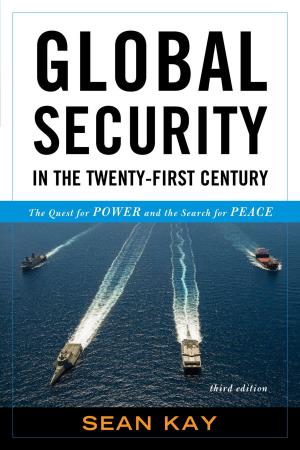The Media Globe
Trends in International Mass Media
Nonfiction, Social & Cultural Studies, Political Science, International, International Relations| Author: | Lyombe S. Eko, Cees J. Hamelink, Joe F. Khalil, Alan Knight, Marwan M. Kraidy, José-Carlos Lozano, Kuldip R. Rampal, Jeanette Steemers | ISBN: | 9781461644781 |
| Publisher: | Rowman & Littlefield Publishers | Publication: | December 13, 2006 |
| Imprint: | Rowman & Littlefield Publishers | Language: | English |
| Author: | Lyombe S. Eko, Cees J. Hamelink, Joe F. Khalil, Alan Knight, Marwan M. Kraidy, José-Carlos Lozano, Kuldip R. Rampal, Jeanette Steemers |
| ISBN: | 9781461644781 |
| Publisher: | Rowman & Littlefield Publishers |
| Publication: | December 13, 2006 |
| Imprint: | Rowman & Littlefield Publishers |
| Language: | English |
The Media Globe is a multifaceted look at contemporary trends in media practices in regions beyond the United States, including Africa, Asia, Europe, the Middle East, Latin America, and Australia. A diverse group of respected scholars follows the emerging patterns in a variety of media worldwide, identifying the existing and developing issues and the potential impacts on democratic communication. They also assess the current tensions between ongoing global media practices and local or regional cultural norms. Using theoretical approaches such as "glocalization," hybridity, hegemony, cultural imperialism, and world-systems theory, the authors consider alternative scenarios for global communication that could better mesh with these cultural norms and practices. Given the rapid global consolidation of media and the resulting reform of its regulatory agencies, this reassessment is a timely and important read.
The Media Globe is a multifaceted look at contemporary trends in media practices in regions beyond the United States, including Africa, Asia, Europe, the Middle East, Latin America, and Australia. A diverse group of respected scholars follows the emerging patterns in a variety of media worldwide, identifying the existing and developing issues and the potential impacts on democratic communication. They also assess the current tensions between ongoing global media practices and local or regional cultural norms. Using theoretical approaches such as "glocalization," hybridity, hegemony, cultural imperialism, and world-systems theory, the authors consider alternative scenarios for global communication that could better mesh with these cultural norms and practices. Given the rapid global consolidation of media and the resulting reform of its regulatory agencies, this reassessment is a timely and important read.















